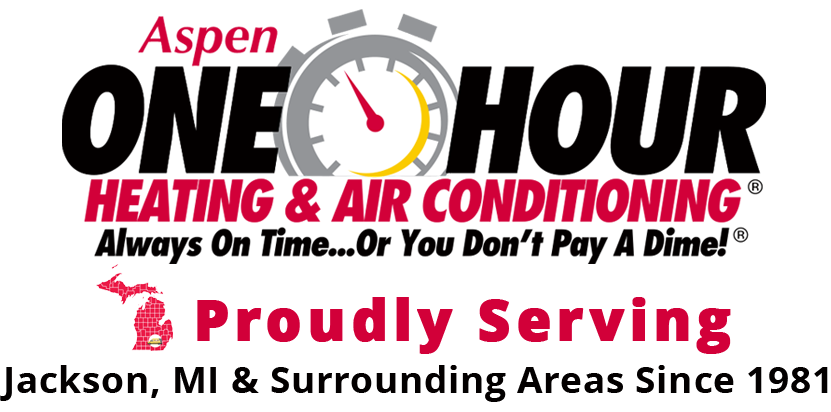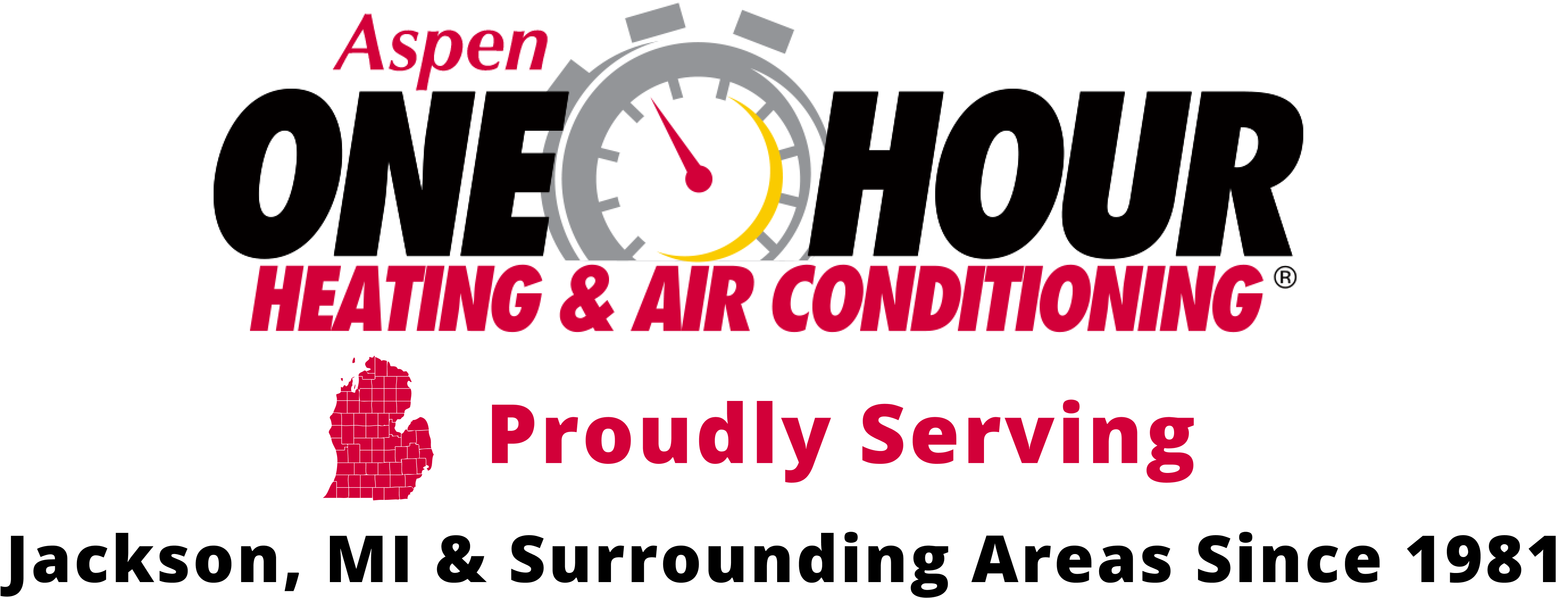Okemos, MI's HVAC Specialist
Serving Okemos, Michigan and the surrounding areas, we are a full-service HVAC company specializing in heating and cooling installations, repairs, maintenance, air quality services, and whole-home generators.

Okemos, Michigan HVAC Services
We specialize in comprehensive heating and cooling services, including repairs, maintenance, and system installations. Whether you’re in need of a quick fix, routine maintenance, or a new unit like a water heater, furnace, or air conditioner, we’re here to help. Our experienced HVAC technicians are committed to diagnosing and addressing your heating and cooling needs efficiently and accurately. Contact us today to speak with a specialist or schedule an appointment.
Heating
We are a full service heating and cooling company that specializes in furnace and home heating solutions.
Air Conditioning
We provide complete A/C repair, maintenance, & installation services to keep you cool all summer long.
Air Quality
We offer a wide range of indoor air quality solutions to keep your home comfortable and your family safe year round.
Comfort Club
Keep your homes HVAC system properly maintained and running strong year round by joining our Comfort Club today!
Aspen One Hour Heating & Air

Since 1981, Aspen One Hour Heating & Air Conditioning has been dedicated to delivering top-quality heating and cooling services. Our expert technicians take pride in providing exceptional service, backed by unbeatable guarantees. We go above and beyond to exceed customer expectations, ensuring a seamless and reliable experience every time.
We prioritize your experience, whether you need a furnace or AC installation, a generator setup, or any repair or replacement. Our team is here to make the process seamless, informative, and stress-free. At Aspen One Hour Heating & Air Conditioning, we stand by the quality of our work and are dedicated to exceeding your expectations. We look forward to serving you!

Our Service Area
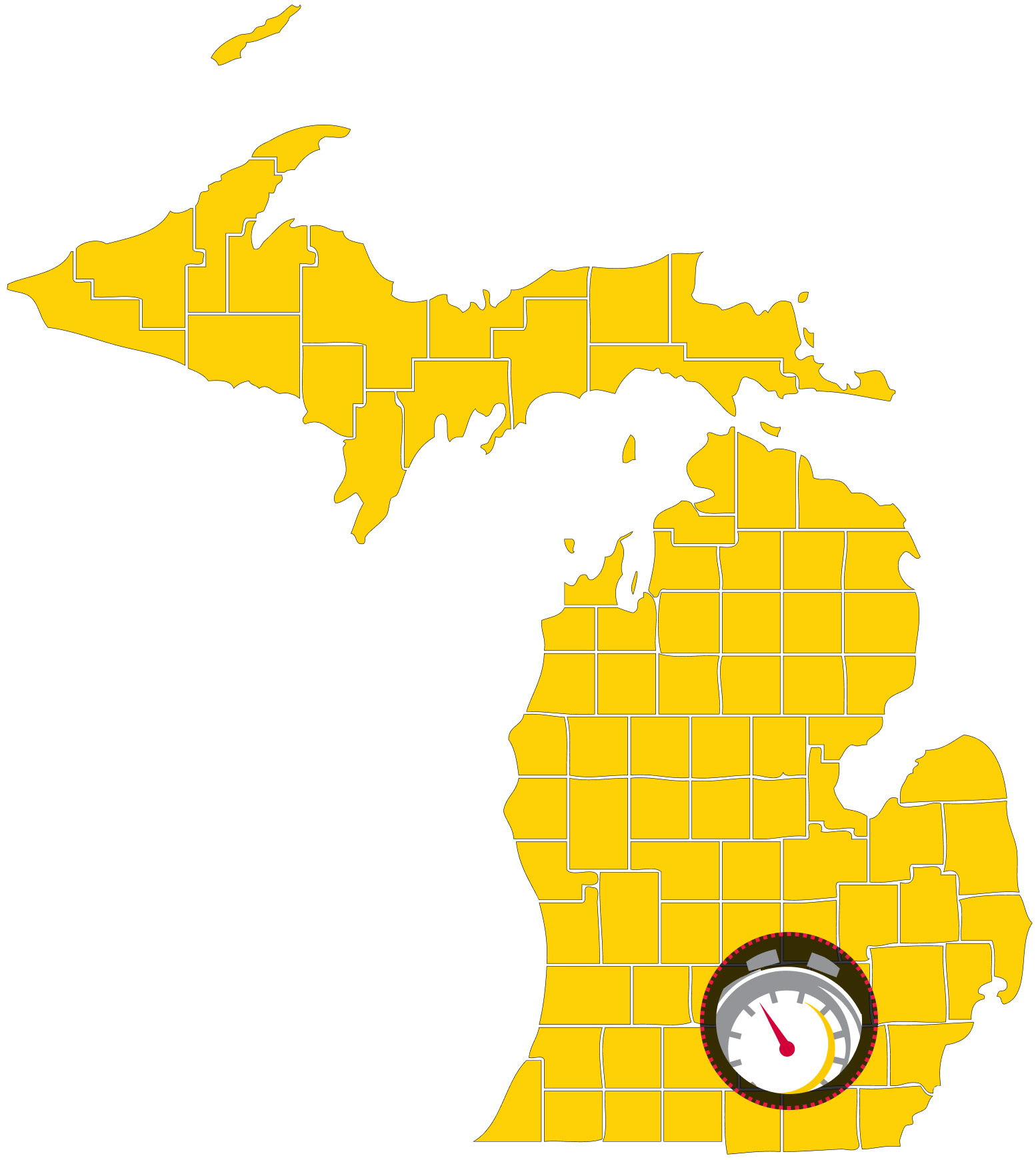
We proudly serve Okemos, Michigan and a large geographic area around our main location. We serve all of Jackson County and large portions of surround counties including: Ingham County, Eaton County, Calhoun County, Branch County, Hillsdale County, Lenawee County, Washtenaw County, & Livingston County.

HVAC Information Center
Tips From The Okemos, Michigan HVAC Experts
The highly skilled and trained technicians at Aspen One Hour are experts in all things HVAC. We’re dedicated to providing you with valuable insights and practical advice to keep your home’s heating and cooling systems running smoothly and efficiently.
Why is Regular HVAC Maintenance Important?
Regular HVAC maintenance is essential for ensuring your system operates efficiently, lasts longer, and provides consistent comfort. Here are some key reasons why routine maintenance is important:
1. Improved Energy Efficiency
A well-maintained HVAC system runs more efficiently, reducing energy consumption. Simple tasks like cleaning or replacing filters, checking refrigerant levels, and ensuring proper airflow can significantly lower energy bills. Without regular maintenance, your system may have to work harder, leading to increased energy use.
2. Prolonged Lifespan
Routine maintenance helps extend the life of your HVAC system. Systems that receive regular check-ups are less likely to experience major breakdowns and can function optimally for up to 15-20 years, while neglected systems may fail prematurely, requiring costly repairs or replacements.
3. Prevention of Costly Repairs
Regular inspections allow technicians to identify and address minor issues before they become major, expensive problems. Catching issues early can save you from unexpected breakdowns and the high repair costs that come with them.
4. Enhanced Indoor Air Quality
Cleaning air filters, ducts, and coils improves the air quality in your home or business. This is particularly important for people with allergies or respiratory issues. A clean HVAC system ensures better circulation of clean air, reducing dust, allergens, and other pollutants.
5. Reliable Comfort
Regular maintenance helps your HVAC system perform at its best, providing reliable heating and cooling. Without proper care, systems may struggle to maintain a consistent temperature, leading to discomfort.
By investing in regular HVAC maintenance, you can save money, ensure a longer lifespan for your system, and enjoy consistent comfort in your home.
What Can I do to Improve My Home's Energy Efficiency?
Improving your home’s energy efficiency can lower utility bills, enhance comfort, and reduce your environmental footprint. Here are some effective steps to boost energy efficiency:
1. Upgrade Insulation
Proper insulation keeps your home comfortable year-round by preventing heat from escaping in the winter and blocking heat from entering in the summer. Focus on insulating your attic, walls, floors, and crawl spaces. Adding insulation to gaps around doors and windows can also improve energy retention.
2. Seal Air Leaks
Air leaks around windows, doors, and ducts waste energy. Use weather-stripping or caulking to seal these gaps, preventing hot or cold air from escaping. This can significantly reduce the load on your HVAC system and maintain a consistent indoor temperature.
3. Install Energy-Efficient Windows
Energy-efficient windows minimize heat loss in winter and reduce heat gain in summer. Look for windows with a low U-value and high Solar Heat Gain Coefficient (SHGC) ratings to ensure they are well-suited for your climate.
4. Upgrade Your HVAC System
Replace outdated HVAC units with high-efficiency models, such as those with ENERGY STAR certification. Consider a smart thermostat to optimize temperature settings based on your daily schedule. Regular maintenance, such as changing filters and cleaning ducts, also helps your system run more efficiently.
5. Use LED Lighting
Replace incandescent bulbs with energy-efficient LED lights. LEDs use up to 80% less energy and last significantly longer, reducing both electricity costs and replacement frequency.
6. Opt for Energy-Efficient Appliances
When purchasing new appliances, choose ENERGY STAR-rated products. These are designed to use less energy and water, saving you money on utilities over time.
7. Install a Programmable Thermostat
A programmable thermostat allows you to set temperatures based on your schedule. For example, you can lower the temperature while you’re at work or sleeping and raise it when you’re home, reducing the need for your HVAC system to run continuously.
8. Maintain Your Water Heater
Insulate your water heater and pipes to prevent heat loss, and lower the temperature on your water heater to 120°F to save energy. Consider switching to an energy-efficient water heater, like a tankless or heat pump model, for even more savings.
9. Use Smart Power Strips
Unplug electronics when they’re not in use or use smart power strips to automatically shut off devices that draw power even when turned off, such as TVs, computers, and chargers.
10. Landscape Strategically
Plant shade trees or install outdoor shading to reduce heat gain during hot months. Proper landscaping can help lower your cooling costs by shielding your home from the sun’s direct rays.
By implementing these strategies, you can significantly enhance your home’s energy efficiency, save money on energy bills, and contribute to a more sustainable environment.

Why Choose Us?
At Aspen One Hour Heating & Air Conditioning, we are dedicated to being the trusted heating, cooling, air quality and generator experts, and have been for over 40 years. We serve all of Jackson County and many surrounding areas and our team works hard to ensure our customers get exactly what they need. From using top-of-the-line equipment to making sure our team is well-trained, we strive to provide 5-star service each and every time. Call us today to schedule your service to find out why we have earned a reputation of integrity and quality work.

- In Business Since 1981
- Family Owned & Operated
- Free Estimates On Installations
- Low Interest Financing Available
- Emergency Service
- Available 24/7
- Licensed & Insured
- Performance & Satisfaction Guarantees
Our Family of Home Services
We are proud to offer a full line of home services ranging from heating and cooling, to plumbing and drain cleaning, and more. To find out more about our line of home service offerings, click on one of the links or call us any time to speak with one of our specialists.

Plumbing Services
Aspen Plumbing Services is our plumbing division that specializes in complete plumbing services and water softening/filtration.
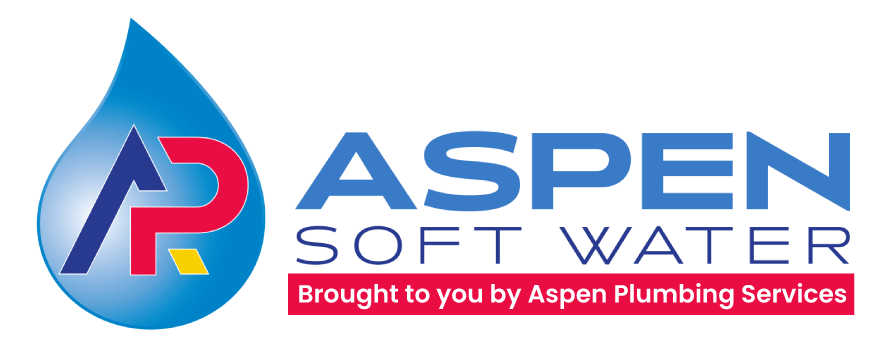
Water Softening/Filtration
Aspen Soft Water is our water quality division that specializes in water softening and filtration.

Drain Cleaning
Aspen Drain Experts is our drain cleaning division that provides drain cleaning and hydro jetting services.
Complete Home Maintenance Plans To Keep Your Equipment Running Strong
Comfort Club
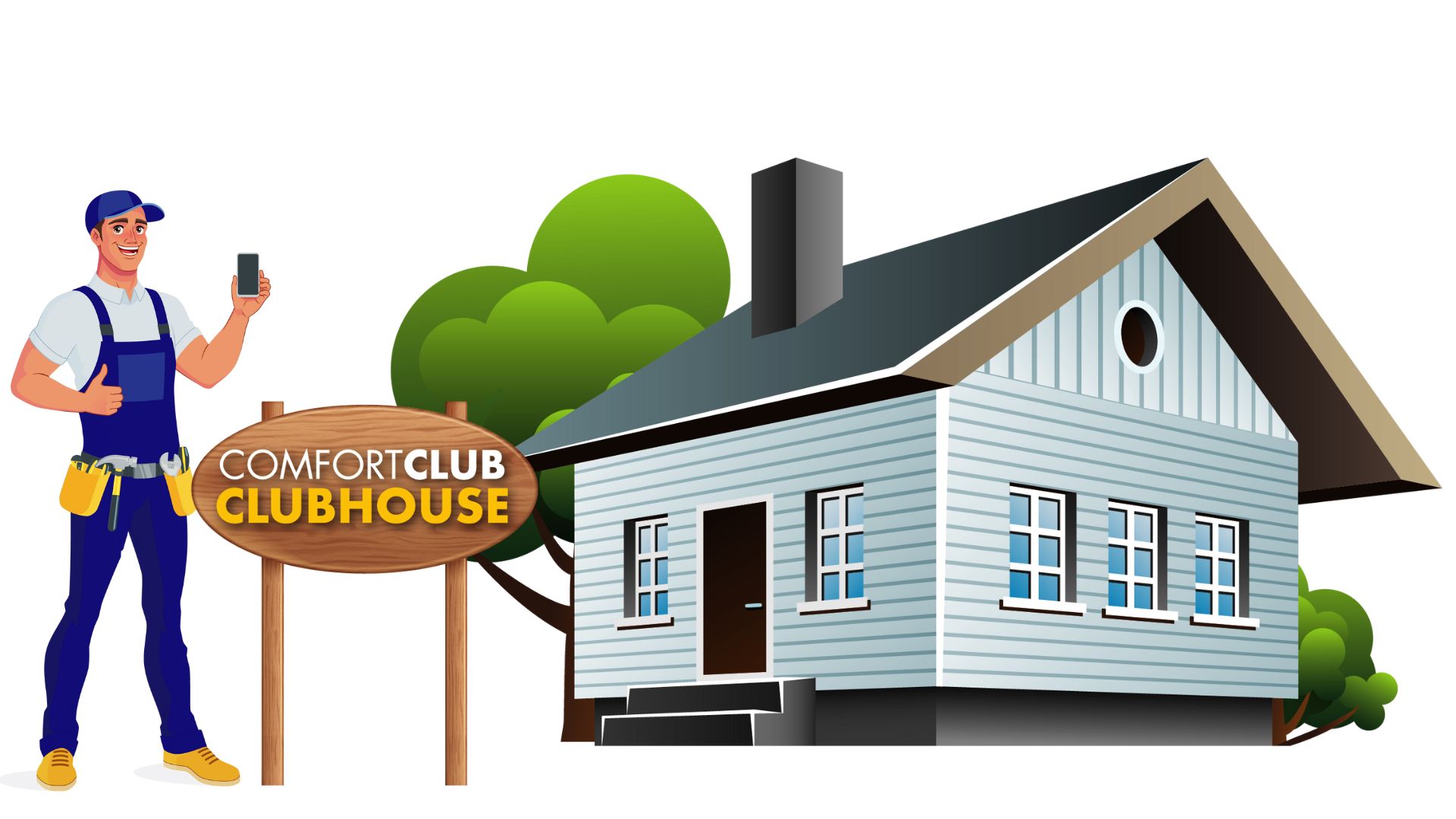
Join Our Comfort Club
What's Included:
- Whole Home Maintenance Inspection
- Whole Home Maintenance Services
- Plumbing System Maintenance
- Water Heater Flush
- Heating & Cooling Maintenance
- Furnace & A/C Tune Up
- Electrical System Safety Inspection
- Carbon Monoxide & Smoke Detector Inspection
Why It Pays To Be A Member:
- 15% Discount on All Services
- Priority/Front Of The Line Services
- No Standard Diagnostic Fees
- Extend the Life of Your Equipment
- Keep Manufacturer’s Warranty Valid
- Keep Extended Warranties and Guarantees in Effect
Plans Starting at $20/month
Current Members
Current members of our Comfort Club can schedule services when it is convenient below. If you have any questions about your current plan, services that are included, when your next service is due, etc. feel free to call our main office line to speak with a specialist who can assist you.
Heating & Cooling F.A.Q.
Frequently Asked Questions
Are Annual Furnace & A/C Tune Up's Really Necessary?
Yes, annual furnace and A/C tune-ups are highly recommended and necessary for several key reasons. Regular tune-ups ensure that your heating and cooling systems operate efficiently, reliably, and safely throughout the year. Here’s why they’re so important:
1. Improved Energy Efficiency
Over time, components of your furnace or A/C system can become clogged with dust, dirt, or debris. This reduces airflow and forces the system to work harder, consuming more energy. During a tune-up, a technician cleans and inspects key components, restoring optimal efficiency and reducing energy consumption. This can lead to significant savings on your utility bills.
2. Prevent Costly Repairs
Regular maintenance allows a technician to identify small issues before they become major, expensive problems. Whether it’s a minor part wearing out or a developing leak, early detection can prevent system breakdowns and costly emergency repairs. Routine tune-ups extend the lifespan of your HVAC system and help avoid the stress of dealing with a sudden failure.
3. Enhanced Comfort
When your furnace or A/C is well-maintained, it performs more consistently, maintaining a comfortable indoor temperature. Regular maintenance ensures the system can efficiently heat or cool your home without struggling, providing even comfort throughout your space.
4. Improved Air Quality
A clean HVAC system improves indoor air quality by reducing the circulation of dust, dirt, and allergens. Air filters are cleaned or replaced during a tune-up, and air ducts may also be inspected for potential blockages or leaks. This is especially important for individuals with allergies or respiratory conditions.
5. System Longevity
Like any machine, regular care and maintenance can extend the lifespan of your furnace and A/C unit. Neglecting maintenance can lead to premature wear and tear, potentially shortening the life of your system and requiring a costly replacement much sooner than necessary.
6. Safety
For furnaces, particularly gas-powered units, annual tune-ups ensure that the system is operating safely. A technician will inspect for gas leaks, ensure proper ventilation, and check the heat exchanger for cracks that could lead to carbon monoxide exposure. This is vital for the health and safety of everyone in your home.
7. Maintain Warranty Coverage
Many manufacturers require regular professional maintenance as part of the warranty conditions. Skipping annual tune-ups can void your warranty, leaving you unprotected if your system fails.
In conclusion, annual tune-ups are a proactive measure to keep your heating and cooling systems running smoothly, safely, and efficiently. They save money in the long run, prevent breakdowns, and ensure your home stays comfortable year-round.
What is the Difference Between a Heat Pump and a Furnace?
A heat pump and a furnace are both heating systems used to maintain comfort in your home, but they operate in different ways and are suited for different climates and needs. Here’s a breakdown of the key differences:
1. How They Work
Heat Pump: A heat pump is a versatile system that heats and cools your home. It works by transferring heat from one place to another. In the winter, it extracts heat from the outside air (even in cold weather) and moves it indoors to warm your home. In the summer, it reverses the process and acts like an air conditioner, extracting heat from inside and releasing it outside. Heat pumps use refrigerant to transfer heat and require no combustion process.
Furnace: A furnace is a heating-only system that generates heat by burning fuel (such as gas, oil, or propane) or using electricity (for electric furnaces). The heat is then distributed throughout the home via ducts. It relies on combustion or electrical heating elements to generate warmth.
2. Energy Efficiency
Heat Pump: Heat pumps are extremely energy-efficient because they simply move heat rather than generating it. For every unit of electricity consumed, a heat pump can deliver 3-4 units of heating or cooling, making them highly efficient, especially in moderate climates.
Furnace: Furnaces are generally less energy-efficient because they rely on burning fuel to create heat, which inherently involves some energy loss. Gas furnaces can achieve high efficiency (up to 98% AFUE—Annual Fuel Utilization Efficiency), but electric furnaces are less efficient because they consume a large amount of electricity to generate heat.
3. Climate Suitability
Heat Pump: Heat pumps are ideal for milder climates where winter temperatures don’t regularly fall below freezing. They perform best in areas with moderate winter temperatures, as extremely cold conditions can reduce their efficiency. However, some newer heat pump models are designed to work efficiently even in colder climates.
Furnace: Furnaces are best suited for colder climates, where outdoor temperatures often drop below freezing. They can provide consistent heat regardless of how cold it gets outside, as they produce heat directly through combustion or electric heating elements.
4. Installation Cost
Heat Pump: The initial cost of a heat pump system can be higher due to the installation of both heating and cooling components. However, the long-term savings from energy efficiency can make it a more economical choice over time, especially in regions with moderate climates.
Furnace: Furnaces typically have a lower initial cost, particularly gas or electric models, but they only provide heating. If you need both heating and cooling, you would also need to install an air conditioner, which increases the overall cost.
5. Maintenance and Lifespan
Heat Pump: Heat pumps require year-round maintenance since they are used for both heating and cooling. This includes regular checks on refrigerant levels, filters, and components like the compressor. Heat pumps typically last about 10-15 years, depending on usage and maintenance.
Furnace: Furnaces generally require annual maintenance focused on ensuring that the burner and heat exchanger are working properly. They tend to last longer than heat pumps, often 15-20 years, especially if maintained regularly.
6. Environmental Impact
Heat Pump: Because heat pumps rely on electricity and don’t involve burning fossil fuels, they produce lower carbon emissions, especially if paired with renewable energy sources like solar power.
Furnace: Furnaces that burn natural gas, oil, or propane produce greenhouse gas emissions, contributing to environmental pollution. The environmental impact depends on the fuel used and how the furnace is maintained.
7. Comfort
Heat Pump: Heat pumps provide consistent and even heating. However, in extremely cold weather, they may struggle to maintain warmth, especially older models. Some newer models, however, have improved technology to handle colder temperatures more effectively.
Furnace: Furnaces provide fast, intense heat, but the warmth can feel a bit uneven, especially if the system is oversized for the space. Some homes with furnaces may experience fluctuating temperatures, with certain rooms feeling warmer or colder than others.
Conclusion
Heat Pumps are great for moderate climates where you need both heating and cooling and want an energy-efficient, eco-friendly option. They are ideal for homes in areas that don’t experience extreme winters.
Furnaces are better suited for colder climates where reliable, consistent heating is essential. They are effective at providing warmth in harsh winter conditions and are typically more cost-effective to install in these regions.
Ultimately, the choice between a heat pump and a furnace depends on your climate, budget, and heating needs. A professional HVAC technician can help you choose the best system for your home.
How Much Will My Repair's End Up Costing?
A lot of clients ask us this question. They want to know how much a new system or repair will cost before we evaluate your situation. Because of the numerous factors involved in heating and cooling systems, it’s nearly impossible to accurately provide estimates until we are on site and able to diagnose the problem.
Once our technicians have been able to properly diagnose your issue, they will provide you with an itemized list of what needs to be repaired and will provide you with a final price to repair your HVAC issue.
What are Some Common HVAC Problems I can Troubleshoot Myself?
While some HVAC issues require a professional technician to address, there are several common problems you can troubleshoot yourself before calling for a repair. Here are some HVAC issues you can check and potentially fix on your own:
1. Thermostat Issues
If your HVAC system isn’t turning on or isn’t responding to temperature changes, the thermostat could be the culprit.
Check the settings: Ensure the thermostat is set to the correct mode (heating or cooling) and the temperature is set properly.
Check the batteries: If you have a battery-powered thermostat, replace the batteries to ensure it’s functioning properly.
Reset the thermostat: If the thermostat is unresponsive, try resetting it by turning it off and on or following the manufacturer’s instructions for a system reset.
2. Dirty or Clogged Air Filter
One of the most common HVAC problems is a clogged air filter, which restricts airflow and reduces system efficiency.
Inspect the filter: Check your air filter to see if it’s dirty or clogged with dust and debris. If it looks dirty, replace it with a new one.
Change the filter regularly: Depending on your HVAC system, replace the air filter every 1-3 months to maintain airflow and efficiency.
3. Tripped Circuit Breaker
If your HVAC system isn’t turning on at all, a tripped circuit breaker could be the cause.
Check the breaker panel: Locate your home’s electrical panel and check if the breaker for the HVAC unit has tripped. If it has, reset the breaker by flipping it back to the “on” position.
Check for recurring tripping: If the breaker continues to trip, it could indicate an underlying electrical issue, in which case you’ll need a professional electrician to investigate.
4. Blocked Vents or Registers
Blocked vents or registers can restrict airflow and cause uneven heating or cooling.
Check for obstructions: Make sure that furniture, rugs, or curtains aren’t blocking the vents. Ensure all vents are open and unobstructed for optimal airflow.
Clean the vents: Dust and debris can accumulate in vents over time, so vacuum or wipe them to ensure proper airflow.
5. Ice on the A/C Coils
If you notice ice forming on your air conditioner’s evaporator coils, it could be due to restricted airflow or low refrigerant.
Check the air filter: A clogged air filter can restrict airflow and cause the coils to freeze. If the filter is dirty, replace it and check if the ice melts.
Inspect for airflow blockages: Ensure that no furniture or debris is blocking the airflow to the unit. Clean the coils if they are dirty.
Turn off the A/C: If you see ice, turn off the A/C to prevent further damage. You may need to wait for the coils to thaw before using the system again.
6. Water Leaks or Dripping
If your HVAC system has a condensate drain, you might notice water pooling near the unit, especially during cooling mode.
Check the drain line: Over time, the condensate drain can become clogged with algae or debris, leading to leaks. Try flushing the drain with a mixture of water and bleach to clear any blockages.
Ensure proper drainage: Check that the condensate drain is correctly aligned and not obstructed, allowing water to flow freely.
7. Low Refrigerant Levels
If your air conditioner is blowing warm air or isn’t cooling properly, low refrigerant levels might be the issue. While this is typically a professional job, there are a few signs you can check:
Check the air temperature: If the A/C is blowing warm air, it may be due to low refrigerant. However, adding refrigerant is a job for a licensed technician, as it requires proper tools and knowledge.
Look for signs of refrigerant leaks: If you notice ice forming on the evaporator coils or hear hissing sounds near the unit, you may have a refrigerant leak, which should be handled by a professional.
8. Noisy HVAC System
Unusual noises from your HVAC system can indicate a number of problems, such as loose parts or airflow restrictions.
Check for loose parts: Listen carefully to determine if the noise is coming from loose screws, fan blades, or ductwork. Tighten any loose parts you can access safely.
Inspect the blower: If the blower motor is making loud noises, it could indicate a problem with the fan. Cleaning the fan blades can sometimes reduce the noise.
Check for airflow blockages: Poor airflow can cause strain on the motor and result in strange noises. Ensure vents and registers are clear.
9. Pilot Light or Ignition Problems
If your furnace isn’t producing heat, the pilot light or ignition system may be the issue.
Check the pilot light: If the pilot light has gone out, you may be able to relight it yourself, depending on the model. Follow the manufacturer’s instructions carefully to safely relight the pilot.
Inspect the ignition system: For modern furnaces, a faulty electronic ignition could be the cause of the problem. If the system is not igniting, it may require a professional inspection or replacement.
10. Poor Air Quality
If you’re noticing poor indoor air quality, such as dust or musty odors, it could be due to issues with your HVAC system.
Check and replace filters: Dirty air filters can circulate dust and allergens throughout the home. Replacing the filter can immediately improve air quality.
Clean the ducts: Over time, ducts can accumulate dust, mold, and debris. If you’re experiencing persistent air quality issues, you may want to consider having your ducts professionally cleaned.
Conclusion
Many HVAC problems can be solved with basic troubleshooting, like cleaning filters, checking settings, and clearing airflow blockages. However, some issues, such as refrigerant leaks or electrical problems, require professional assistance.
If you’re not comfortable performing these tasks yourself or if the issue persists after troubleshooting, it’s always best to contact a licensed HVAC technician for a thorough inspection and repair.
Aspen One Hour Heating & Air Conditioning

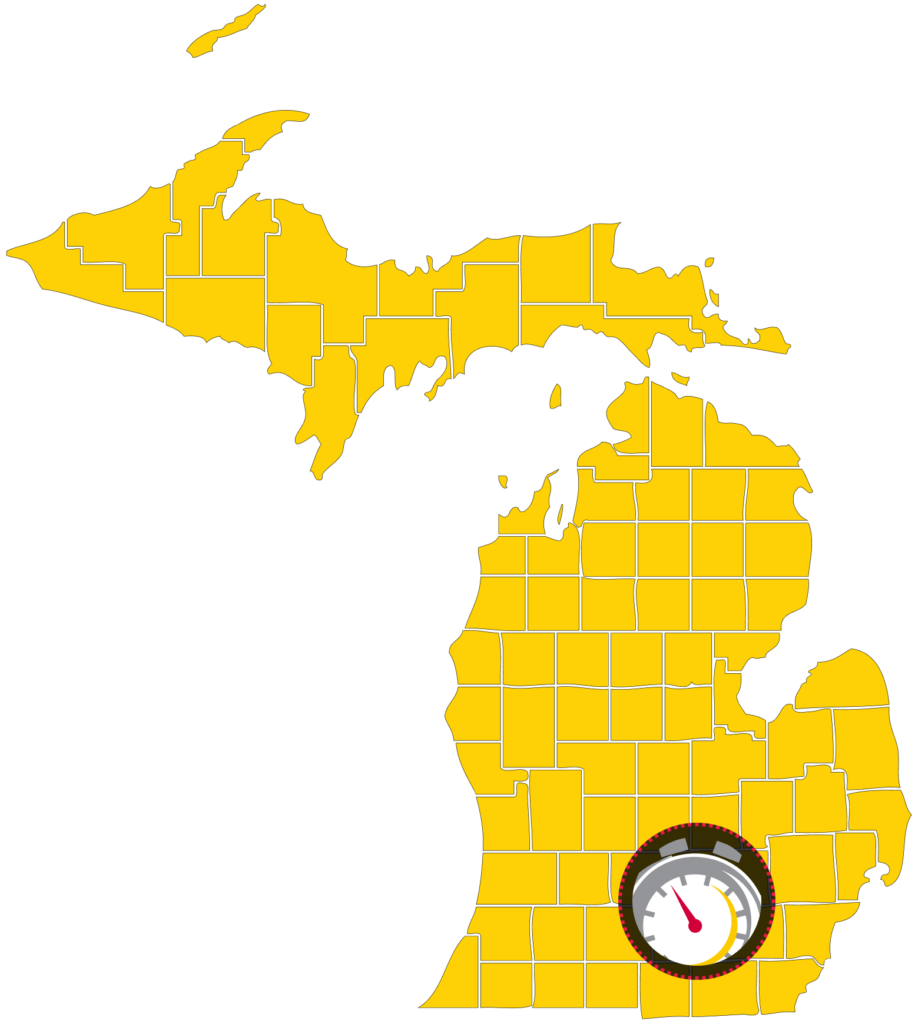
- 4131 W. Michigan Ave. Jackson, MI 49202
- Phone: (517) 879-2049
- Fax: (517) 750-0900
- Available 24/7
Contact Us
"*" indicates required fields
